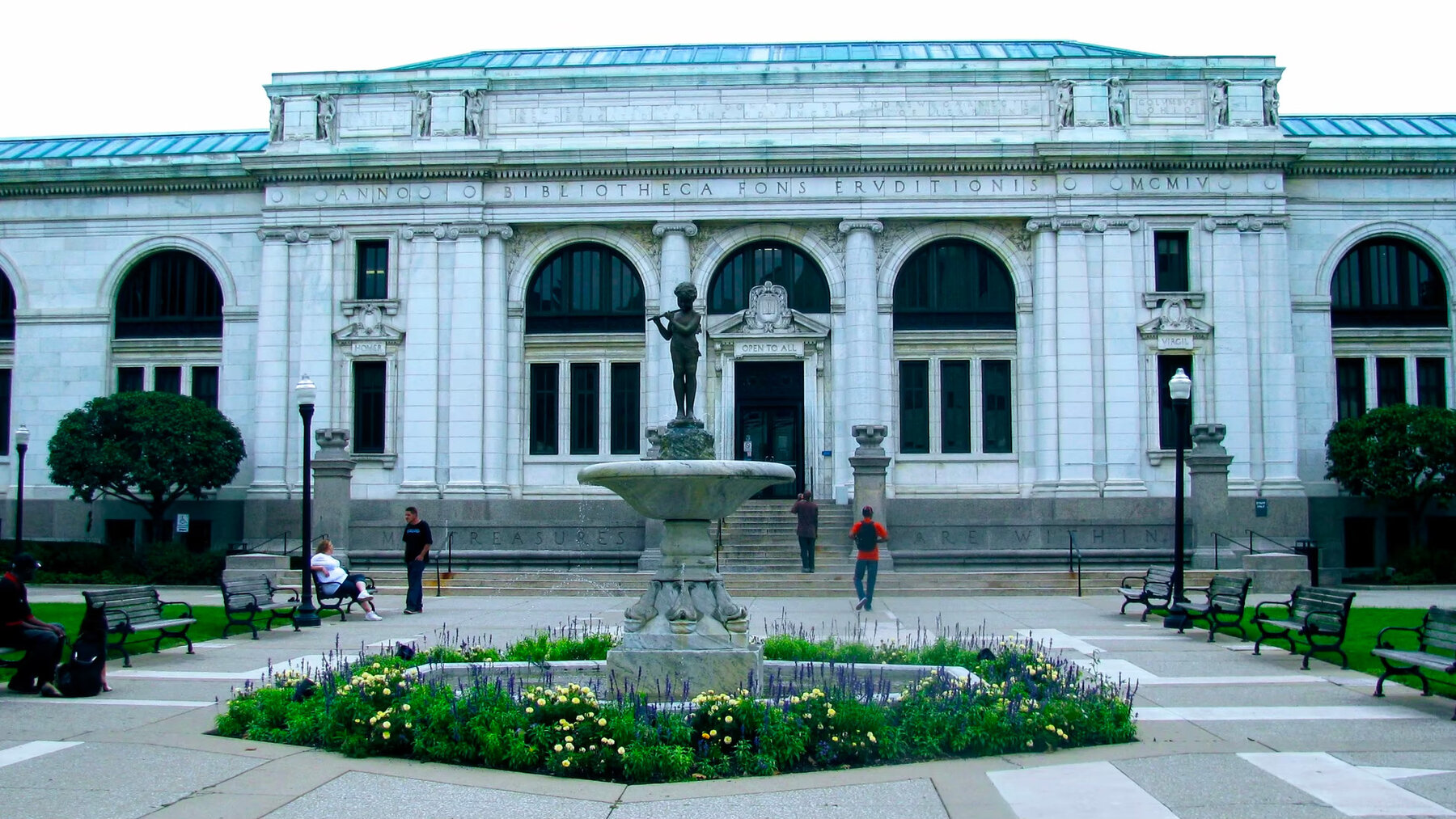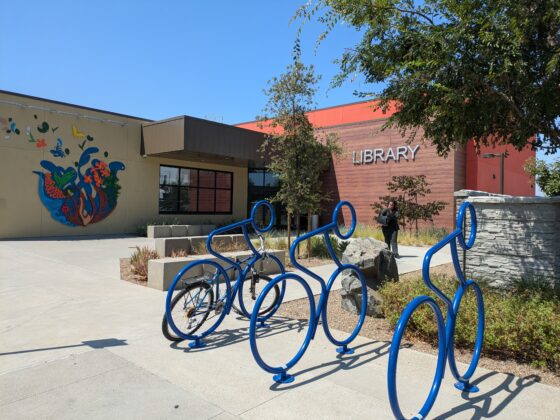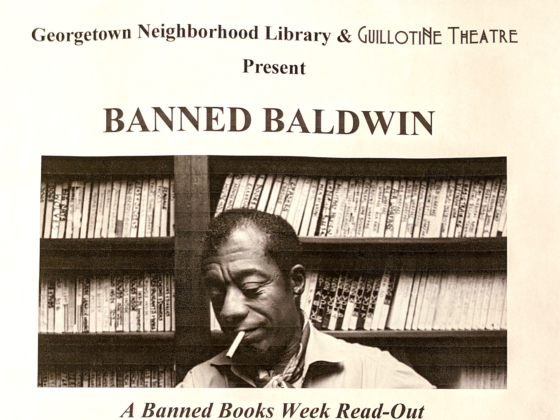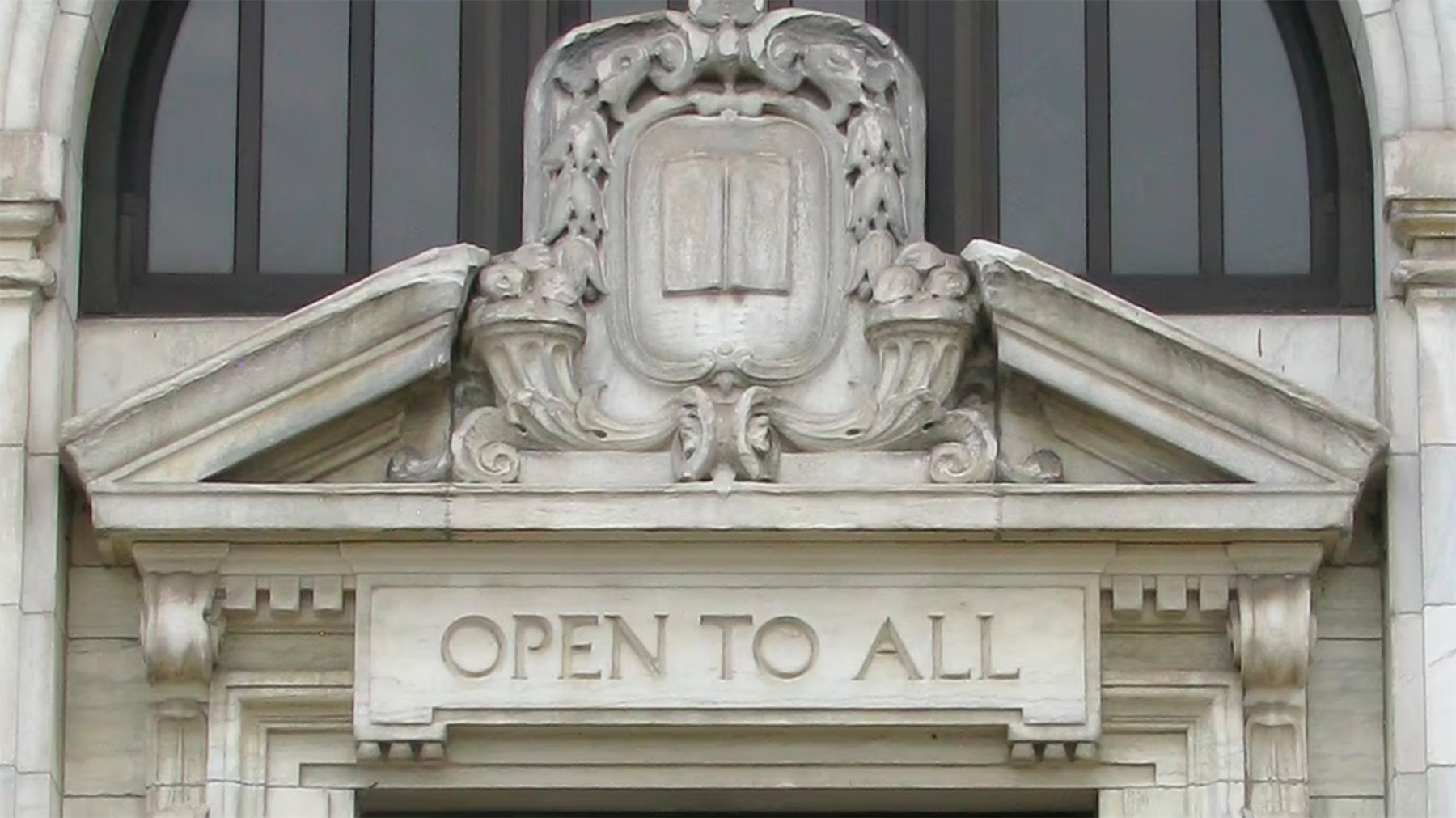Everyone knows about first responders. I’ve come to think of libraries as playing a crucial role as “second responders.”
In Ferguson, Missouri, the public library stayed open when the schools were closed after the riots, to offer the kids a safe place and even classes taught by volunteers. After the hurricanes in Houston, some library websites were immediately up and running, announcing that they were open for business. After Hurricane Sandy, some libraries in New Jersey became places of refuge. And in the Queens Library’s Far Rockaway branch, which didn’t have heat or light, the librarians set up shop in the parking lot to continue children’s story hours “to give them a sense of normalcy,” says Christian Zabriskie, who was a Queens librarian then. “Story time at the end of the world” he called it. In Orlando, after the nightclub shootings, the library hosted an art gallery for those who made art as a way to express and share their reactions. After the Thomas Fire, the Santa Barbara Public Library invited the public to share their stories and lessons, to help heal and prepare for the future.
Libraries step in to fill gaps and offer help when normal channels are inaccessible. Pima County, Arizona, pays for a team of nurses to come to the library to help with medical questions for those who can’t or won’t go to a hospital, clinic, or doctor. In Charleston, West Virginia, librarians told me that they have launched searches for people to research health issues or concerns. In some libraries, librarians have Narcan training. In Bend, Oregon, a social worker has helped prepare the librarians to work with people who came in with sensitive, personal questions, such as how to meet their rent and mortgage payments.
Others report that they have helped people figure out how to have a dignified funeral when they have no money for one. In Las Vegas and surrounding Clark County, among the hardest-hit areas of the entire country during the 2008–2009 financial collapse, the leaders of the public-library system found ways to stretch and reprogram their budget to ensure that their system would stay open seven days a week during the crisis, because they knew their citizens would need its resources to cope with job loss, house foreclosures, and more.
Carved in the granite above the doorway of the imposing flagship Carnegie Library in Columbus, Ohio, are the words open to all. I have seen homeless people line up waiting for the doors to open so they can spend the day inside comfortably and safely.
In my hometown of Washington, D.C., I trudged to our local library during an extreme cold-weather episode a year or two ago and read a handwritten sign saying that the library was closed because of the cold, and pointing to the emergency shelters that were open instead. Librarians have told me that they’ve heard from homeless people about one of the important reasons they go to libraries: These are the only places where they are treated with respect. Librarians also told me about the various rules and regulations they impose about noise, sleeping, eating, “bathing” in restrooms, disruptive behavior, and storage of belongings. They say that occasionally people are placed on “sabbatical” from the libraries for infringements and are sometimes referred to public places where they can take showers. None have reported serious incidents to me, which suggests that respect is mutual.
The most serious of these examples are testament to the trust that citizens place in their libraries and librarians. The Pew Research Center reports that 78 percent of people say libraries help them to find information they can trust. Librarians are nothing if not discreet. I have asked librarians about their users looking at pornography on the public computers. They demur, kind of, and say that they don’t look at what people are doing on the computers, and others say that they only step in when someone complains.
Zabriskie, who now works in Yonkers, points to the complexity of being a librarian these days. “Amidst glory days of librarianship,” he says, “there can be trauma. If every day’s work were just reading to toddlers, great. But sometimes those kids are homeless.”
“Sometimes librarians are Batman,” Zabriskie says. “Sometimes they are ghosts in the machine. We have to resist hardening the space.
If these are the libraries acting as second responders, there are also plenty of cases where they respond as providers of second chances.
The Los Angeles Public Library offers a chance to earn a high-school degree for those who missed out the first time around. Mayor Eric Garcetti and City Librarian John Szabo hand out diplomas. The most popular volunteer opportunity at the Smiley Library in Redlands, California, is for adults to teach other adults how to read and write. Public libraries across the country offer a variety of paths to help people find new economic opportunity, with job and interview support and digital skills training.
And listen for how often you hear adults credit the public library as the place that spirited them away in their youth from anger or sadness or boredom at home. Many libraries make themselves appealing to schoolchildren of any age as a safe, warm place to do homework or just hang out when they can’t or won’t go home. I have seen and heard variations on this theme that range from the library being the only place the kids could go, to the library being the cool place where teenagers would hang out. I heard these comments from the desert communities of Arizona to the small towns of California to the urban centers of the Midwest and East Coast.
There are libraries in prisons, for those who can’t go out, and books delivered to prisons when inmates request them. Library books are delivered to remote schools in Kanawha County, West Virginia, for teachers who don’t have access to materials. Extending that metaphor of the library coming to the people, I have seen pop-up libraries in parks in Wichita, Kansas. There is a summer program around Minneapolis lakes to lend books in watertight containers from a library raft to boaters. And there is a library in the big shopping mall in Ontario, California, opportunistically placed for presumably reluctant shoppers who accompany enthusiastic shoppers.
Welcome to the new realities of public libraries and librarians.




